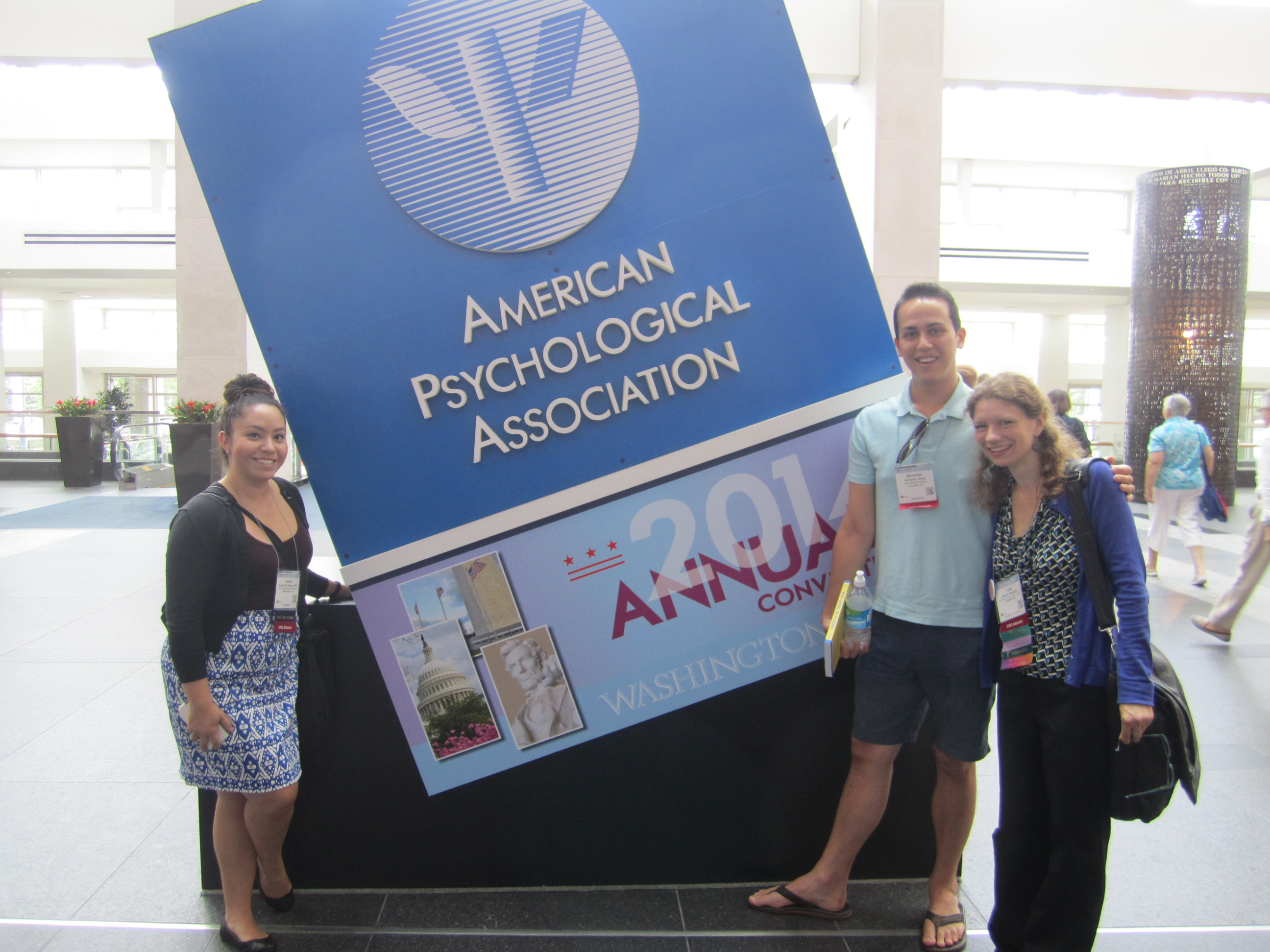
Do you know what to expect as you transition from college to graduate school in psychology? (Source: “Graduate School of Social Service Diploma Ceremony” by Bruce Gilbert on Flickr. Some rights reserved. CC BY-NC-ND 2.0.)
There is a lot of advice out there about the transition from high school to college. What I have rarely seen is any discussion about the many changes students face when they transition from college to a Master’s or Doctoral program in psychology. Here, I provide some personal reflections on some of those changes.
Commuter life
Living on campus as an undergrad, I had the opportunity to become involved in many extracurricular activities, stay out late around campus, get out of bed just in time for classes — and with luck, still be an “A” student. As a graduate commuter, there seemed to be less of an opportunity to feel as connected to individuals and even the college as a whole. I had to really put in effort to get to know people outside of class. It was easier then to just grab a cup of coffee with someone after class or possibly run into them in the residence hall. While my graduate school cohort made a conscious effort to get together throughout the year, it many times took a lot of planning!
Program Size
As a graduate student, there was also a feeling of being such a small presence on campus. In college, I attended a large state school with over 20,000 students. Later, I had to get used to only about 60 people total in my program or only 7 in my cohort. I was no longer one of thousands of undergraduate students. I’m not saying that one is better or worse but it was definitely a shift!
Workload
My undergrad schedule consisted of mostly large classes where we completed many readings, took multiple choice exams, wrote 2-3 page papers, and had the very rare group project. Conversely, I like to think of most of my graduate school classes consisting of the 3 P’s: papers, projects, and presentations. I have had greater opportunity to collaborate with others which can be hard to coordinate due to vastly different schedules. In terms of papers, if your writing skills aren’t up to par before you start graduate school, they will definitely be developed by the end! Writing a 10-15 page paper doesn’t feel like such a daunting task as it once did. Graduate school isn’t about being able to memorize rote facts towards an exam anymore. Being in graduate school is one step closer to being in the profession: So much of what is learned in the classroom is directly applicable to the future.
Being in graduate school is one step closer to being in the profession: So much of what is learned in the classroom is directly applicable to the future.
Work-Life Balance
In grad school, I’ve struggled the most with work-life balance and maintaining relationships. Trying to juggle 2-3 days of externship, working part-time as an adjunct at a local college, taking 4-5 classes per semester, and conducting research really made it difficult to even begin to have any type of social life! When I was in the earlier years of my program, my friends would always invite me out and most of the times I had to decline. As the years progressed, the invitations came less frequently, which was a bit disheartening. Having social support is really important and I’ve come to learn other ways to keep in touch with friends while also getting my work done.
As a minority student
One of the interesting aspects I’ve gotten used to is being more of a racial and ethnic minority in school. Although in my head I knew the statistics about the representation of students of color within graduate psychology programs, it still felt surprising to me how salient my minority status has become to me. Being a Black graduate student, it has become more important for me to get involved with issues of diversity than it did as an undergrad. While I had been involved in diverse student groups, I felt more compelled to become active in groups such as the Association of Black Psychologists and APA Division 45 (Society for the Psychological Study of Culture, Ethnicity and Race) in order to receive support, network, and develop both personally and professionally.
Overall Advice
My suggestion is to put in the effort to maintain your relationships, hobbies, spirituality, and your sense of self in graduate school. While getting into a program is a great achievement and deserves your best, you can only give your best when you feel at your best so it’s important to do whatever needs to be done to stay on top of your game!

Editor’s note: Allyson Regis is a fifth-year counseling psychology doctoral student at Fordham University. For more on the leap from undergraduate and graduate training, read this article in the Chronicle of Higher Education. To participate in a November 6, 2014 webinar with APAGS on finding and evaluating the right graduate program for you, sign up here.





 This spring, a group of APAGS members recorded a
This spring, a group of APAGS members recorded a